Page 248 • (3,680 results in 0.068 seconds)
-
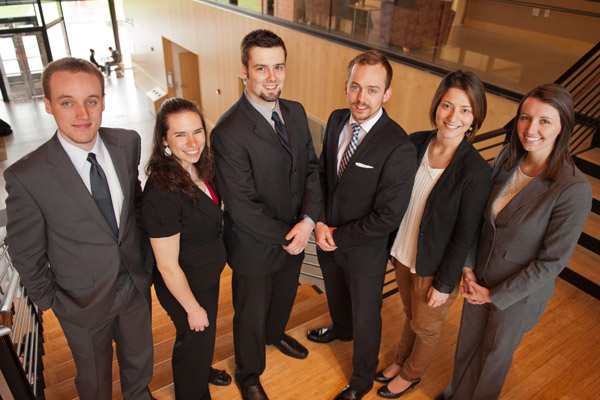
the development of the new Master of Science in Finance program. He points to the considerable time both he and Brown spent in the business world. They both stress pragmatism. It informs the way they teach, and it underscores the value they place in putting students in situations that focus on real-world business and finance issues. “As much as we can simulate reality, then our students will have an edge,” Boeh said. “So the question is: What can we do to simulate reality?” “One of the lessons
-
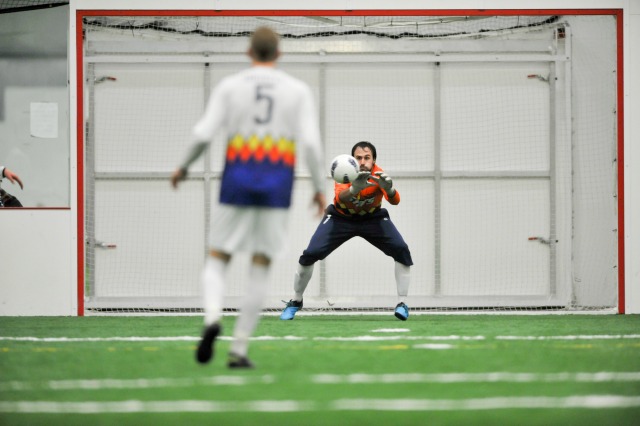
. He played a handful of games as a freshman, said PLU head coach John Yorke, and came back his sophomore year to start 18 out of 19 games, including five shutouts. Croft giftedly guarded the goal his junior year, too—but up and quit five games into the season. “During the summer I decide to partake in other activities,” Croft said. “I got lazy and content, and I didn’t want to grow as an athlete, which will hurt you. I came into training camp out of shape, and instead of working myself back into
-

immeasurable amount of information at our fingertips is due to advances in technology that make it possible for countless companies and organizations to compile millions of valuable data points. This is a game-changer for many industries, but data is meaningless unless there’s an interpreter — someone who can gather the data, identify important trends, analyze patterns and provide solutions to increase overall success. Interested in securing a marketing analytics career? Download PLU’s digital resource
-
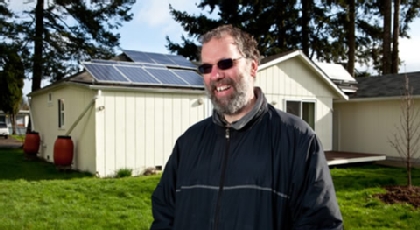
electricity used to heat hot water in a home. Tegels said there is a lot of misinformation circulating in an attempt to disprove the scientific research done about climate change. He said that enough scientific information points him in the right direction, and moving beyond science he said caring about the planet is simply common sense. “If you live in a beautiful environment there’s more of an incentive to care about the environment,” he said. It was PLU’s organ that attracted the green professor to the
-
middle school math and science teacher. No roads lead to Naknek, which survives predominantly on the summer salmon fishing industry. The only way to get to Naknek is by boat or plane into nearby King Salmon, Alaska, which at one time served as a U.S. Air Force base. The area’s one paved road is the 15-mile stretch of blacktop constructed by the U.S. Army Corps of Engineers between King Salmon and Naknek. During the fishing season, the airport serves thousands of fishermen and cannery workers who come
-
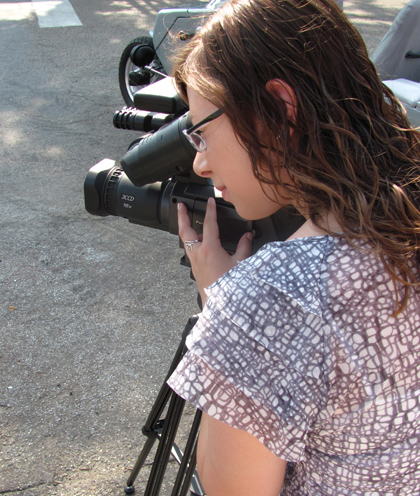
town’s annual Strawberry Festival on Saturday, June 4, 2011. Two weeks earlier the deadliest tornado in our nation’s history ripped through Joplin, Mo., killing 160 people and causing almost $3 billion in damage. Today our goal was to interview any survivors and relief workers we could find. We figured the best place to find people would be in the center of the devastation. I was traveling the country researching for a documentary on compassion fatigue, an issue that particularly affects caregivers
-
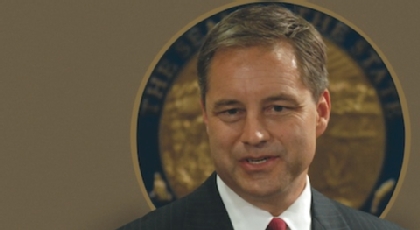
year. Parnell picked PLU due to the reputation of its business school, and worked his way through the university as a research assistant. Parnell said Sandy, also a business major, switched courses to take a political science class to get to know him better. “She says she fell from a summa cum laude to a magna status because of the grade she got in that course,” he laughed. There were so many Alaskan students at PLU, that Parnell remembers them carpooling to the airport and booking discounted
-
Tips for Streamlining Assignment Workflows Posted by: Jenna S / November 1, 2015 November 1, 2015 by Layne Nordgren After the first few assignments of the semester, you may begin wondering what you can do to streamline your workflow in collecting, grading, and distributing feedback for assignments. Though there are a number of ways to collect Assignments, such as by email or using the Sakai Dropbox, the Sakai Assignments tool provides a robust workflow for both faculty and students to submit
-
inclined to know what bridges our differences. One thing I am sure of – I have seen it in the eyes and felt it in the affection of people from India to Spain and Peru to Tacoma – there is a human spirit that we all share, capable of communicating across language barriers, through the walls of history and demographic division we tend to assume separates us. Of all the anecdotes and perspective-shifting experiences I came away with from spending time overseas, I am convinced the one most responsible for
-
echoed her frustration. Audrey Knutson ’07, a political science and global studies major, said 10-year-old Marimaua Muya can verbally comprehend what is said but has difficulty understanding what she reads. The Bantu children are still trying to adjust to life in the United States. During one tutoring session, Knutson asked Muya to locate Tacoma on a map of the United States posted in a corner of the classroom. Standing on a chair, Muya’s focus was on the Midwest. She needed prodding from Knutson to
Do you have any feedback for us? If so, feel free to use our Feedback Form.


